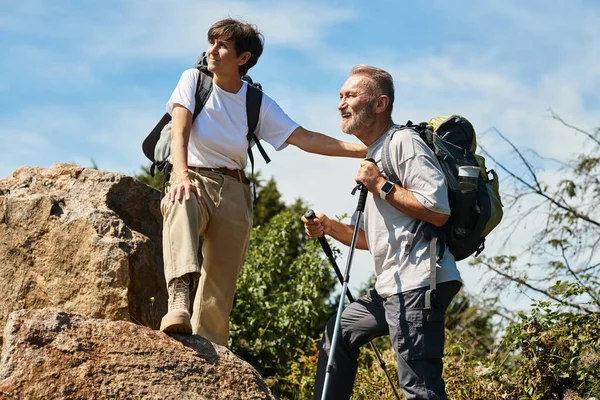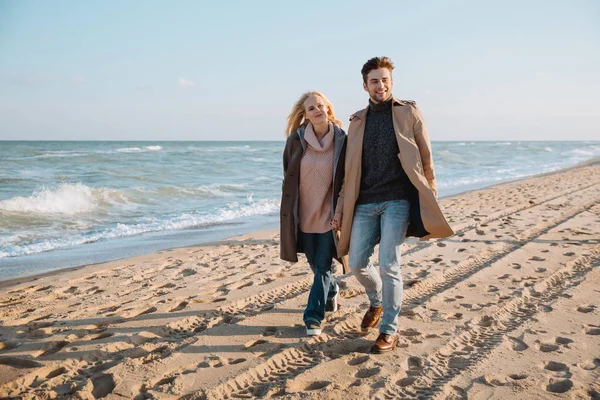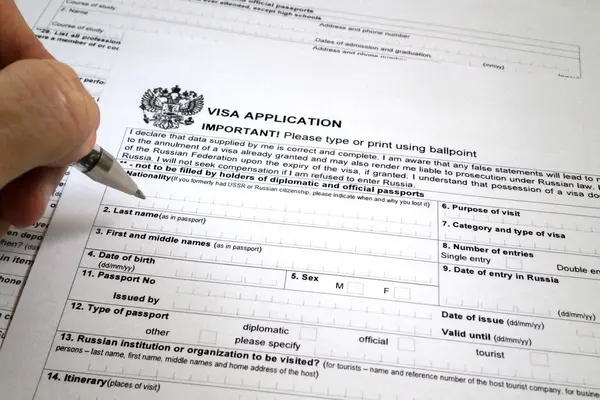
Who says the American dream has to end in America? For Sandra and Jeff Mayernik, it meant selling their home, cars, and even their art collection, then swapping Oregon’s Cascade Mountains for the beaches and promenades of Albania. Burned out from rising costs and high stress, they took the leap in late 2023-and discovered that retiring abroad is equal parts liberating and challenging.
Their path has wound its way through a dozen countries, from Panama to Portugal, and has settled at least for the moment in Saranda, Albania. Along the way, they have learned both what’s magical about living overseas and what can make it tough. Their experience offers candor about the retire-abroad reality, from healthier eating to unexpected loneliness. Here’s what they’ve found and what others considering a similar move should know.

1. Emotional Closeness to Significant Others
Even before the move, the Mayerniks lived in different cities than their children and grandchildren. But Sandra’s sisters were close by, and frequent kayak fishing trips kept them connected. That proximity is harder to maintain now, with thousands of miles and multiple time zones between them. You lose contact with friends and family, Jeff agrees. You’re less involved in their day-to-day lives. The lack of face-to-face interaction can be isolating, even for people who describe themselves as introverts.
Still, experts say retirees abroad often experience what scholars describe as “social loneliness,” an absence of social connections. Making new friends and joining local groups may help but requires deliberate action.

2. Eating Healthier, Mediterranean Style
One of the unexpected pleasures of life in Albania? Access to fresh, locally-sourced food with fewer additives. Sandra says they’ve noticed feeling healthier, due to reduced sugar and preservatives in everyday meals. Even packaged ramen has less sodium than in the U.S.-a change Jeff found so striking that he can use the entire seasoning packet without it tasting too salty.
This is concordant with Mediterranean diet principles, in which the emphasis is on vegetables, whole grains, and healthy fats. It has been shown to reduce cholesterol levels, decrease inflammation, and may even support cognitive health in people as they get older.

3. Lower housing and health care costs
The couple paid $1,200 a month for a tiny 300-square-foot studio in Oregon, while they paid roughly $1,100 a month to rent an apartment with three balconies overlooking Lake Ohrid in Pogradec, Albania. Utilities and high-speed internet were included, and signing for a yearlong lease could have dropped the price even further.
The healthcare savings are equally impressive. Jeff’s prescriptions cost less than his U.S. copays, and the process is uncomplicated. That’s part of a larger pattern many countries offer far more affordable healthcare than in the U.S., where per-person costs top $13,000 per year.

4. The Language and Currency Challenge
The daily errands become more complex when every label is in another language, and prices are in unfamiliar currency. Jeff recalls buying what he thought was ham only to discover it wasn’t. Mix-ups like that may be small, but they add up to frustration.
Experts suggest learning key phrases from the new location that one is moving to and translation apps to make the move less stressful. Differences in currencies also impact budgeting-especially when the currency exchange rates fluctuate.

5. Freedom from the grind
The biggest lifestyle shift for the Mayerniks has been escaping the constant hustle. Days in Albania are spent walking along the waterfront, reading, or catching rays on the beach. “The stress just evaporated,” Sandra says, reflecting on her decision to step away from work entirely.
While that pace is by no means unfamiliar to most retirement havens, the local cultural norms often place great emphasis on leisure rather than relentless productivity-a very good thing for mental well-being.

6. Understanding Visa Requirements
The fact is that retiring abroad isn’t simply a question of buying a plane ticket. Most countries require proof of income and health insurance, and sometimes hefty bank deposits. For example, Panama’s Pensionado Visa offers generous retiree benefits but requires a minimum monthly income of $1,000.
Expat experts, such as Kathleen Peddicord of Live and Invest Overseas, suggest focusing first on residency options “Look at places that actually offer residency permits for everyday people.” It pays to plan ahead to avoid costly surprises.

7. Tax Complexities
Keeping U.S. citizenship means filing American taxes on top of paying taxes abroad. Many countries have treaties aimed at avoiding double taxation, but the rates and rules vary greatly. “There’s a pretty big chance that you’re paying a higher percentage abroad than you would pay just in the United States,” said financial advisor Scooter Thomas.
It’s very important to work with CPAs or attorneys familiar with international tax law before making the move.

8. Healthcare Eligibility Abroad
Health care overseas might be less expensive, but generally Medicare does not cover health care services outside the United States. Some countries offer national health coverage to their residents, with varying eligibility rules. Many countries like Spain and France require proof of private insurance for the approval of a visa application.
Experts advise continuing to keep Medicare when possible, as that will cover you in case you return to the U.S. for treatment.

9. Cultural and Lifestyle Adjustments
Beyond logistics, retirees must adjust to new cultural rhythms dinners rarely start before 8:30 p.m. in Spain, and the tropical humidity is relentless in Malaysia. The differences can be charming or challenging, depending on a person’s personal preferences. Aligning your destination with your lifestyle-be it bustling city life or quiet coastal living-can make the transition smoother and more enjoyable. Sandra and Jeff’s story illustrates that retiring abroad can indeed deliver lower costs, better health, and a slower pace of life-but it is not without its hurdles.
Success depends upon preparation and adaptability in everything from navigating visas to taxes to managing emotional distance from loved ones. For those who are able and willing to make such a change, the rewards can be life-changing, offering not just a longer retirement but a richer one in experience.


